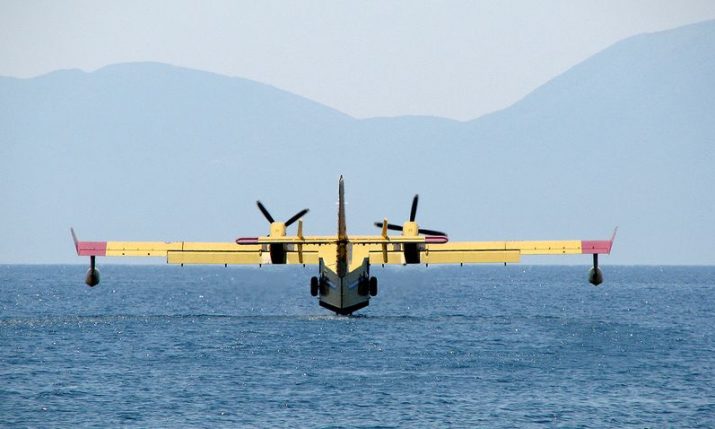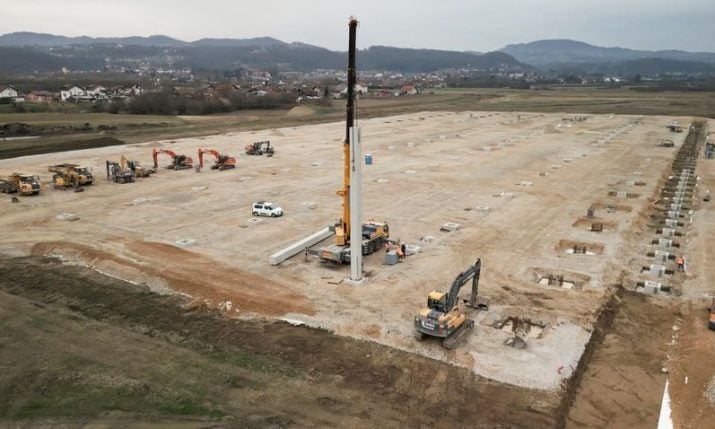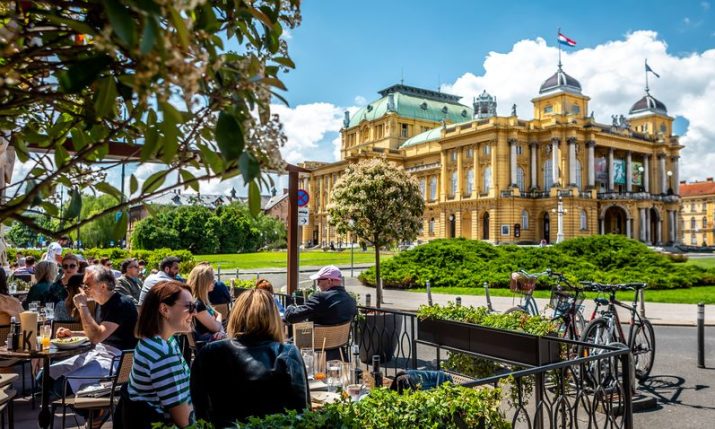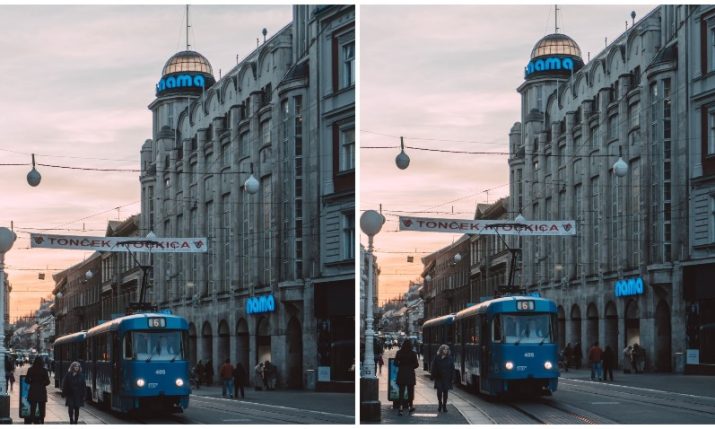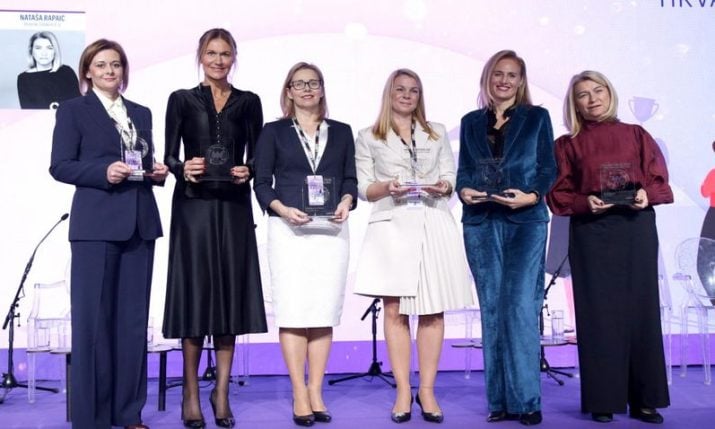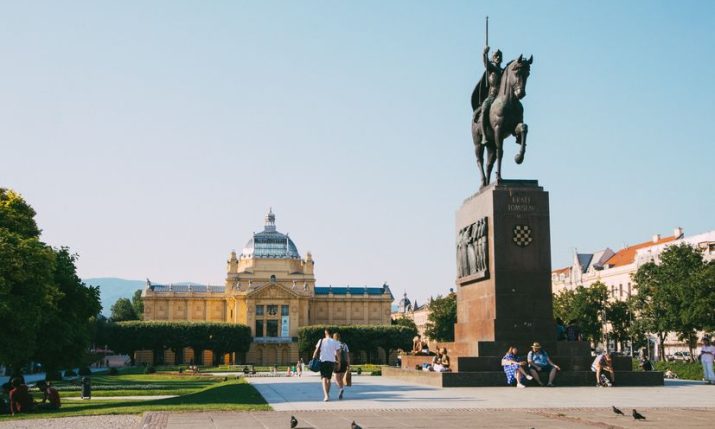The Three Seas Initiative Summit and Croatia’s important role
- by croatiaweek
- in Business
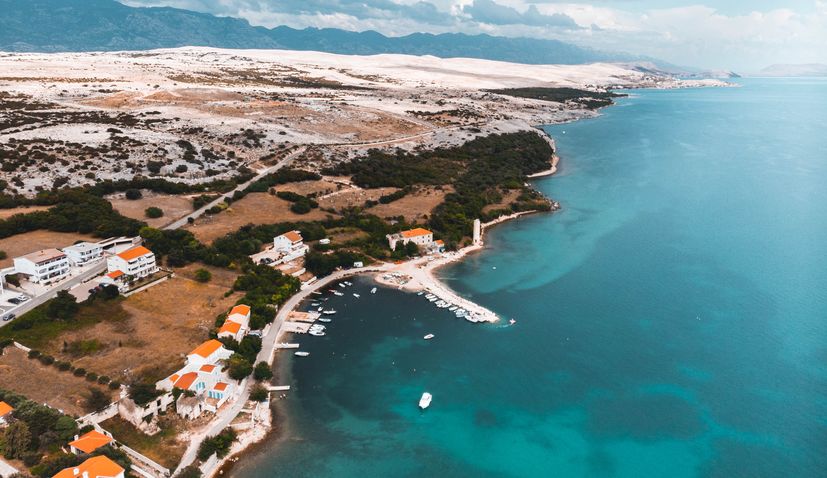
Krk
The two-day Three Seas Initiative Summit in Bucharest received positive receptions in response to exciting new developments. Croatian Prime Minister Andrej Plenković, Romanian President Klaus Iohannis, and Polish President Andrzej Duda announced the accession of Greece to the Three Seas Initiative.
Duda mentioned that the additional success lies in the membership of Moldova and Ukraine as associated partners and candidates for EU and NATO membership. Greece will become the 13th member of the initiative.
The initiative was formed by meeting all 12 member nations, including Croatia, between the Baltic, Adriatic, and Black Seas to address its primary goal of enhancing cooperation through investments in advanced infrastructure, energy security and independence, digital technology, and gas interconnections. Among the additional interests that have been a primary focus for increased cooperation enhancement and resilience in Europe is the support for Ukraine.
The current war in Ukraine has asserted efforts to engage deeply with the Eastern European nations to bolster support for the country as it faces an illegal and destructive war against Russia. As of the current geopolitical situation, all 12 member participants have reaffirmed their support for Ukraine and Moldova’s accession process. Greece will become the 13th member of the initiative.
Croatia’s Energy Dependence
Prime Minister Plenković affirmed these commitments to Croatia’s cooperation in the initiative. He said that “both in the political sense, in the project terms, and it echoes by the participation of several Croatia businessmen attending the economic forum. This is logical because one-third of our total trade is with countries participating in the Three Seas initiative.”
He even gave several examples of Croatia’s focus on energy dependence and its successful investments in LNG terminals.
“We are investing in a lot of gas pipelines after investing in the LNG terminal on the island of Krk. We want Croatia to contribute to all the member states of the Three Seas Initiative,” said Plenković.
Investments in the LNG terminal in Krk near the city of Rijeka have been the main promoter for energy independence and practicality for Croatia as the prominent liquefied gas transporter to the Western Balkans and central Europe. Located in the Omisalj municipality, the terminal has provided a valuable and secure route to degasify Central and Eastern Europe, thus strengthening the European energy market and decreasing the country’s dependence on Russian gas.
The LNG terminal has a regasification capacity of 2.9 billion cubic meters (bcm) of gas per year and will expand its facility in 2024-2025 to increase its capacity to at least 3.5 bcm.
The Zlobin-Bosiljevo gas pipeline, invested for €180 million ($182.32 million), is also expected to expand its total capacities by 2025-2026.
Ukrainian Food Security
Plenković also mentioned a recent initiative to offer Croatian ports via the Adriatic Sea as an alternative route to export grain from Ukraine to the European markets. After Russia withdrew from the Black Sea grain deal in July, Croatia stepped in to provide its support for Ukraine and the responsibilities for the initiative’s promises. It suggested transporting harvested Ukrainian grain from the Ukrainian city of Izmail on the Danube River and sending it to the Croatian city of Vukovar, where it can travel via train to Vinkovci the coastal town that accesses the port of Rijeka.
Despite the ability of Croatia to provide a cost-efficient method to transport grain, limited capacity in railway networks can be delayed due to logical obstacles. According to the logistics expert Kristijan Rogić, Croatia could only process a limited number of exports unless the rail connecting to the Danube network is modernized.
First Deputy Prime Minister and Minister of Economy of Ukraine Yulia Svyrydenko commented during the bilateral meeting at the Summit in Bucharest,
“Ukrainian grain has already been exported through Croatian ports. We are grateful for this possibility. Although it is a niche trade route, it is already popular. We are ready to develop it by expanding the capacities of the transport corridor. We believe this logistics route will continue to play an important role in bilateral trade between our countries after the war.”
Croatia’s role in the Initiative
Croatia has been a crucial player in the Three Seas Initiative since Former President of Croatia, Kolinda Grabar Kitarović, in 2016 founded the cooperation project, along with President Duda, to further closer engagement with Poland and the Intermarium (the territories between the Baltic, Black, and Adriatic Seas).
Kolinda’s vision for the initiative has focused on establishing an informal political forum where Central European countries could pursue the objective of reinforcing European ties and economic cooperation through transportation, digitalization, and energy resilience. Since its formation, Croatia has asserted its primary interests in strengthening energy independence from Russian gas by reducing its dependence and relations with Russia for a more favored engagement with the United States.
Due to the shifting political climate, Croatian support for the Intermarium connection with other European countries has diminished. Over the past years, the current president, Zoran Milanović, has made statements that viewed skepticism of the initiative and even stated that it posed harmful to Croatia.
Public opinion on the initiative in Croatia is still indifferent. According to the European Parliament Liaison Office in Zagreb Matej Kečkeš, the media in Croatia constantly undermines the importance of the initiative. He also pointed out that political divisions against previous political leaders cause more division. Despite its progress toward energy independence, the initiative is relatively new for Croatia, which is doing well by utilizing the Adriatic Sea as part of the geopolitical discourse.
The new enlargement with Greece entering the cooperation will ensure improved stability in the Mediterranean and the Adriatic Sea through energy diversification and modernized infrastructure in the Balkans. Greater integration with Croatia’s neighbors will ensure cooperation to repair the current instability and underdevelopment caused by the Balkans wars and decades of mismanagement and corruption. However, Croatia is still pursuing reforms to battle endemic corruption in the government and maintain its interests in reforming long-term growth in the judiciary, business environment and education, demographic aging, and labor.
As China has established its threatening presence in the region with the Belt and Road Initiative, these nations, with improving relations through assistance from the United States, will have to demonstrate its commitment to critical public-private investment projects. The Avoidance of the Double Taxation Treaty is a few initiatives that both Croatia and the US are working towards to stabilize private investment in businesses operating in Croatia and ensure labor participation without the obligation for workers to pay additional income taxes.
Plenković commented on the importance of greater cooperation with the United States. He mentioned, “It is important to witness the strong commitment and involvement of the United States of America, which gives this trans-Atlantic dimension.”
Croatia has tremendous opportunities to gain from this initiative and its close relationship with the US to continue cooperation with Intermarium partners to ensure continued improvements in economic growth and regional stability through energy resilience and transportation.
Mark Plavetić – NFCACF Officer on the Executive Committee



